Looking for delicious pork recipes that use the right seasonings? Here are 5 easy recipes that will transform your pork dishes. Each includes step-by-step instructions and tips for perfect results every time.
Table of Contents
- Garlic Rosemary Roast Pork
- Smoky Pulled Pork
- Lemon Thyme Grilled Pork Chops
- Asian Soy Ginger Stir-Fry
- Cinnamon Clove Carnitas
Garlic Rosemary Roast Pork
Perfect for Sunday dinners, this simple roast features tender pork loin with aromatic garlic and rosemary. Serves 4-6.
Ingredients
- 3 lb pork loin roast
- 4 cloves garlic, minced
- 2 tbsp fresh rosemary, chopped
- 2 tbsp olive oil
- 1 tsp salt
- 1/2 tsp black pepper
Instructions
- Preheat oven to 375°F (190°C).
- Mix garlic, rosemary, olive oil, salt, and pepper in a bowl.
- Rub mixture evenly over pork loin.
- Place pork on a baking sheet and roast for 50-60 minutes until internal temperature reaches 145°F (63°C).
- Rest for 10 minutes before slicing.
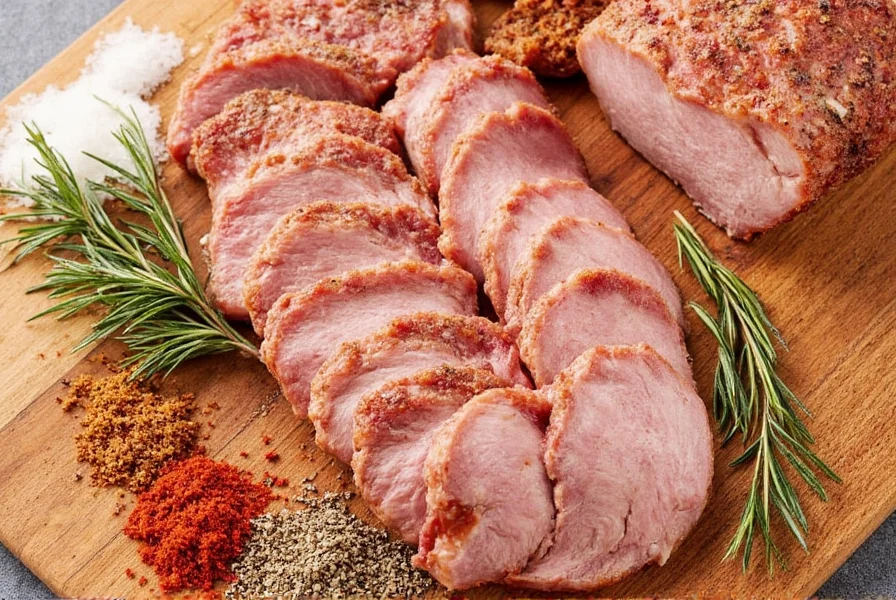
Smoky Pulled Pork
Fall-apart tender pulled pork with deep smoky flavor. Ideal for sandwiches or tacos.
Ingredients
- 4 lb pork shoulder
- 2 tbsp smoked paprika
- 1 tbsp cumin
- 1 tbsp brown sugar
- 1 tsp garlic powder
- 1/2 tsp salt
- 1 cup apple cider vinegar
Instructions
- Combine paprika, cumin, brown sugar, garlic powder, and salt in a bowl.
- Rub mixture all over pork shoulder.
- Place in slow cooker with apple cider vinegar.
- Cook on low for 8 hours until tender.
- Shred with two forks and serve.
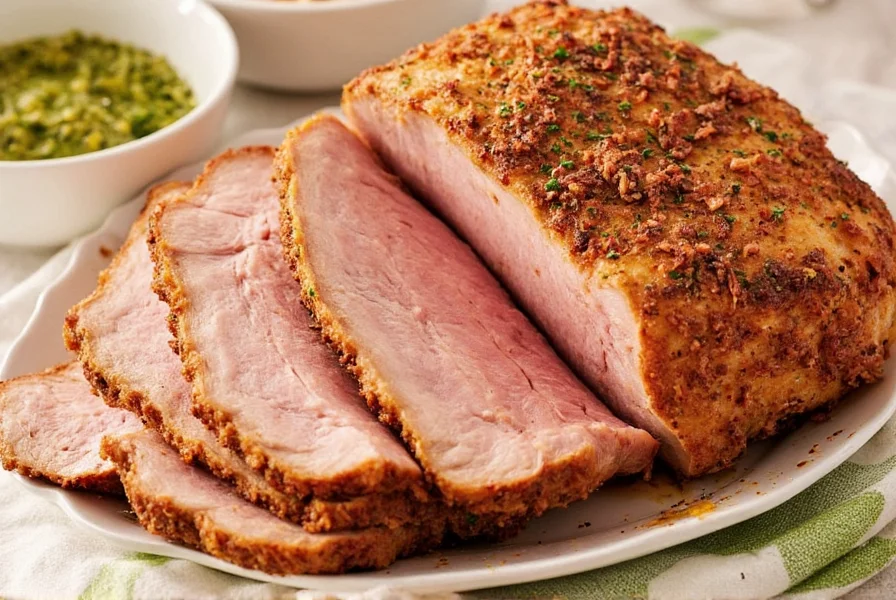
| Ingredient | Recommended Brand | Use in Recipe | Why It Works |
|---|---|---|---|
| Smoked Paprika | McCormick Smokehouse | Smoky Pulled Pork | Delivers authentic campfire flavor without actual smoking |
| Fresh Rosemary | SIMPLY ORGANIC | Garlic Rosemary Roast | Preserves bright herbal notes better than dried |
| Oyster Sauce | Lee Kum Kee | Asian Stir-Fry | Creates rich umami base for quick marinades |
Lemon Thyme Grilled Pork Chops
Juicy pork chops with bright citrus and herb flavors. Ready in 20 minutes.
Ingredients
- 4 bone-in pork chops (1 inch thick)
- 2 tbsp fresh thyme
- 1 lemon (zest and juice)
- 2 tbsp olive oil
- 1 tsp salt
Instructions
- Combine thyme, lemon zest, juice, olive oil, and salt.
- Marinate chops for 30 minutes.
- Grill over medium-high heat for 4-5 minutes per side.
- Rest for 5 minutes before serving.
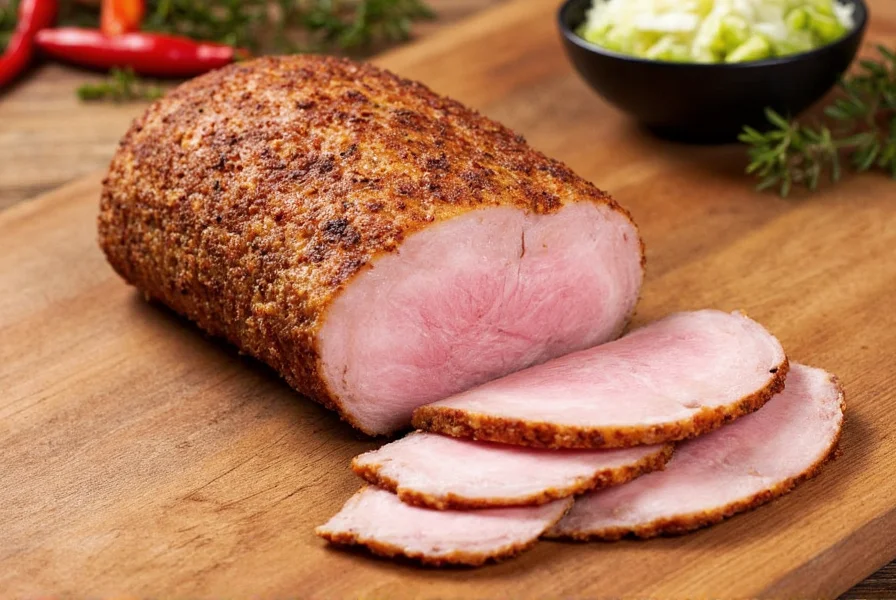
Asian Soy Ginger Stir-Fry
Quick and flavorful stir-fry with tender pork and vegetables.
Ingredients
- 1 lb pork tenderloin, sliced
- 3 tbsp soy sauce
- 1 tbsp fresh ginger, minced
- 1 bell pepper, sliced
- 2 cups broccoli florets
- 1 tbsp sesame oil
Instructions
- Mix soy sauce, ginger, and sesame oil in a bowl.
- Marinate pork for 15 minutes.
- Stir-fry pork until browned, then add vegetables.
- Cook until vegetables are tender-crisp (5-7 minutes).
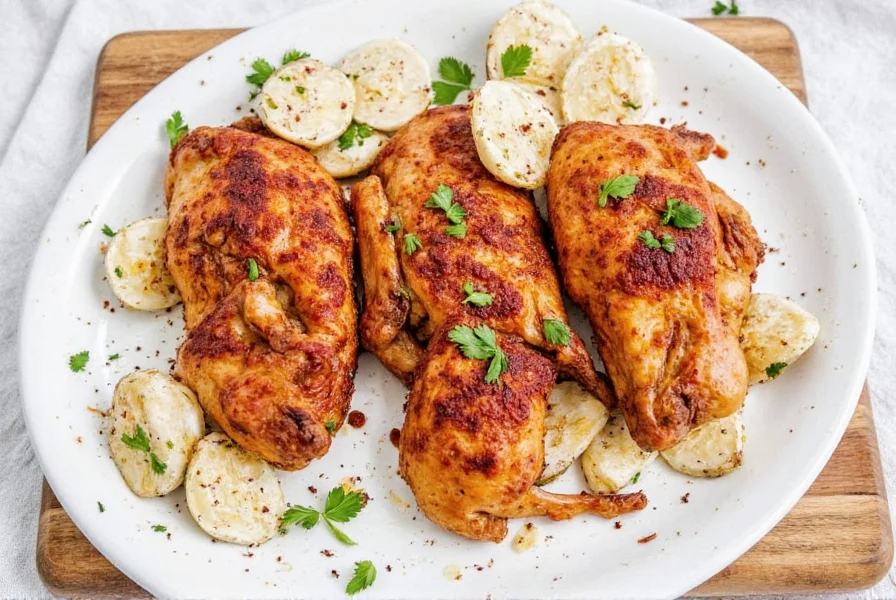
Cinnamon Clove Carnitas
Slow-cooked carnitas with warm spice notes. Perfect for tacos or nachos.
Ingredients
- 3 lb pork shoulder
- 1 tsp cinnamon
- 1/2 tsp clove
- 1 orange (zest and juice)
- 1 cup chicken broth
Instructions
- Combine cinnamon, clove, orange zest, and broth in slow cooker.
- Add pork and orange juice.
- Cook on low for 6 hours until shreddable.
- Broil for 5 minutes for crispy edges.
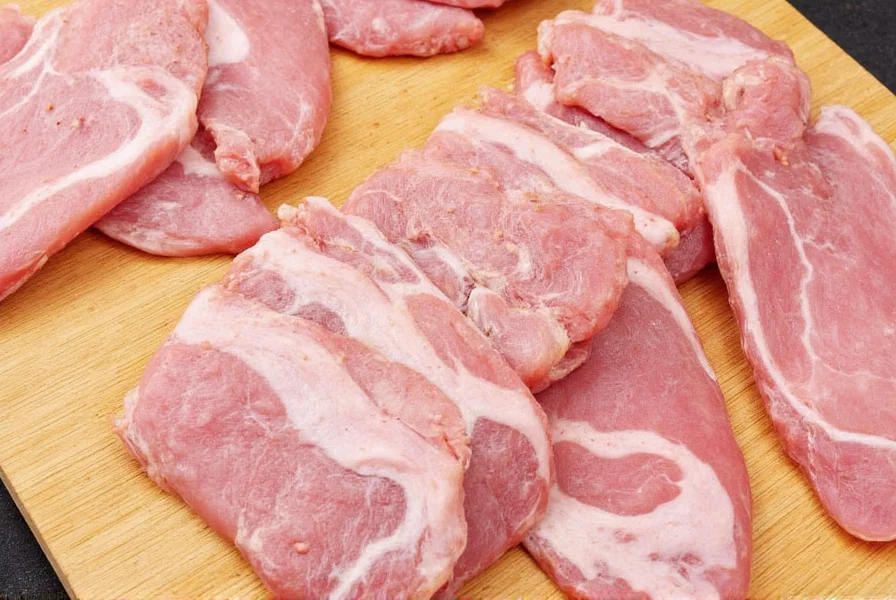
Conclusion
These 5 recipes prove that the right seasonings transform pork from ordinary to extraordinary. From quick weeknight stir-fries to slow-cooked carnitas, each dish highlights how simple spice combinations create restaurant-quality results at home. Experiment with these templates and adjust to your taste—cooking is about joy, not perfection.
Frequently Asked Questions
What's the best pork cut for beginners?
Pork tenderloin or boneless chops are most forgiving for new cooks. They cook quickly and are hard to overcook. Avoid shoulder for first attempts—it requires longer cooking times.
How do I prevent pork from drying out?
Use a meat thermometer and cook to 145°F (63°C) internal temperature. Let meat rest 5-10 minutes before slicing. For roasts, baste with pan juices every 20 minutes.
Can I substitute dried herbs for fresh in recipes?
Yes, but use 1/3 the amount of dried herbs (e.g., 1 tsp dried rosemary = 1 tbsp fresh). Add dried herbs earlier in cooking to release flavors, while fresh herbs should go in at the end.
How do I store leftover seasoned pork?
Cool completely within 2 hours, then store in airtight containers in the fridge for up to 3 days. Reheat gently in the oven or microwave with a splash of broth to retain moisture.
What's the difference between smoked and sweet paprika?
Smoked paprika (like McCormick Smokehouse) adds deep campfire flavor perfect for BBQ dishes. Sweet paprika has milder pepper notes ideal for delicate dishes like roasted chicken. Use smoked for pulled pork, sweet for herb rubs.

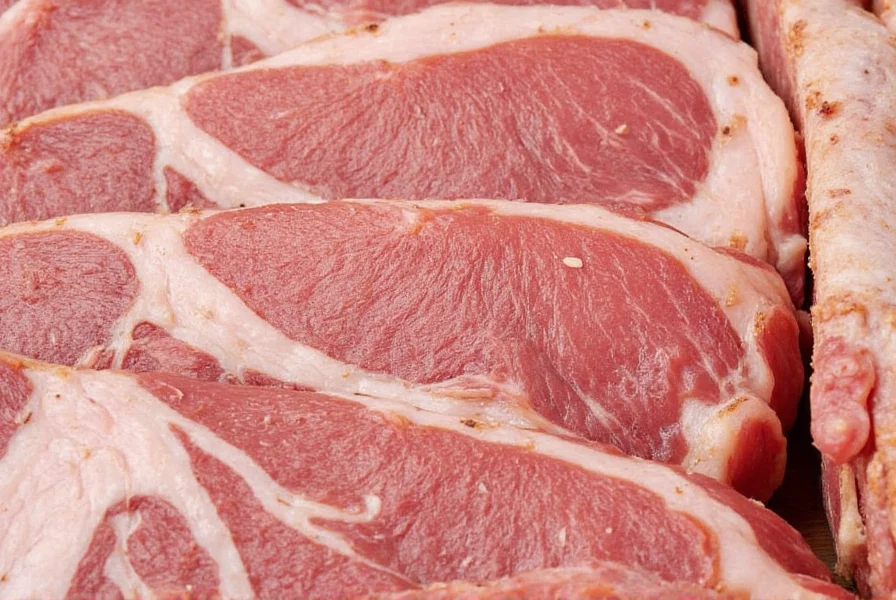









 浙公网安备
33010002000092号
浙公网安备
33010002000092号 浙B2-20120091-4
浙B2-20120091-4